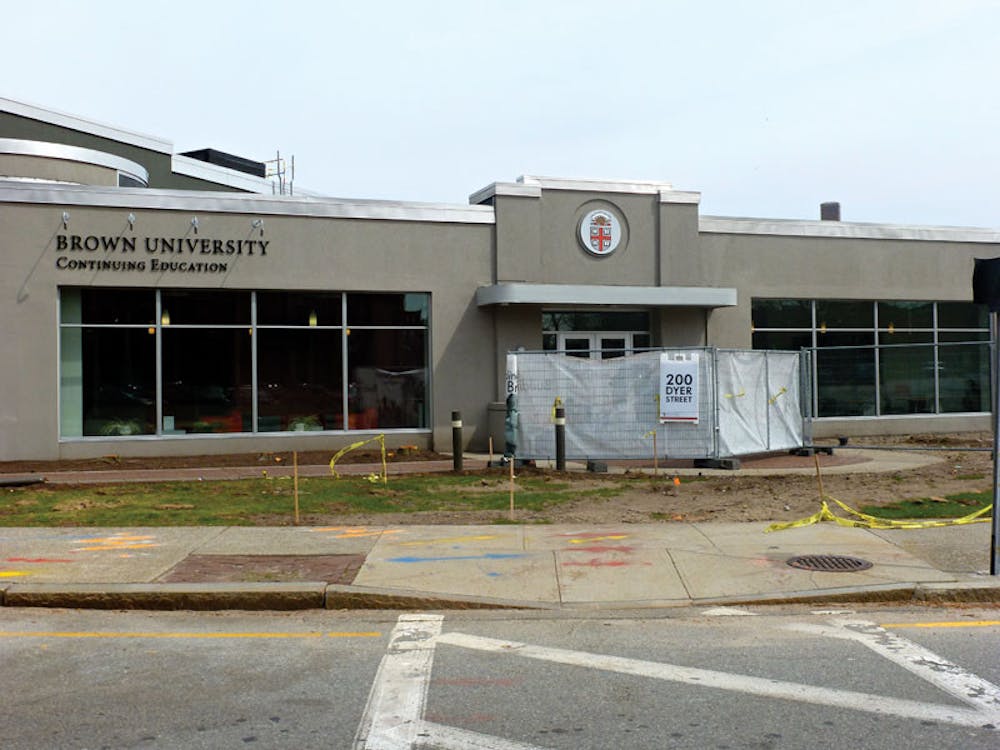The Admission Office will relocate most of its staff and administrative functions to the second floor of the Office of Continuing Education’s current location in the Jewelry District next month in order to create more space on campus for academic departments, administrators said.
The Admission Office’s current location in the Corliss-Brackett House at 45 Prospect Street will become the new home of the Department of Philosophy and will also be used by the Department of Economics as office space for some of its graduate students. The philosophy department’s current location at 54 College Street will likely become the new home of the Department of East Asian Studies, said Provost Mark Schlissel P’15.
“There’s a real crunch on academic space at the core of the campus,” said Dean of Admissions Jim Miller ’73, adding that a whole “series of dominoes” will fall as part of this move and various departments’ physical spaces will shift.
The Admission Office’s move to 200 Dyer Street in the Jewelry District comes at a time when the University has expanded its use of spaces in the neighborhood, including the new Warren Alpert Medical School building, which opened in 2011. Admission officers will work out of the new location, Miller said, adding that tours and information sessions for prospective students will continue to be based at the Stephen Robert ’62 Campus Center. Miller’s personal office will be relocated to University Hall, Schlissel said.
“Originally, people were sort of leery of moving because we’ve been here (at Corliss-Brackett) for 40 years,” Miller said. “We wanted to be sure — and Provost Schlissel was very clear — that we didn’t want to move if it was going to influence our ability to do our jobs.”
The relocation of the Admission Office is a step in the ongoing process of moving academic departments closer to the center of campus, said Rob Beresford, head of the provost’s space committee, which advises the provost on decisions regarding the allocation and renovation of academic spaces on campus.
“We’re very short on academic space,” Beresford said. “The provost has been looking for administrative functions that can be relocated out of the academic core that would free up space that could be made available for academic functions.”
The University will continue to look for buildings with administrative functions that could be moved to the periphery of campus so that more academic departments can move closer to the center of campus, Beresford said.
“This relocation is in line with taking advantage of an opportunity more than anything else,” Schlissel said. “It’s trying to satisfy academic needs without building (new buildings) by using space more efficiently.”
The Admission Office plans to start the moving process May 17, Schlissel said.
—With additional reporting by Maggie Livingstone

ADVERTISEMENT




